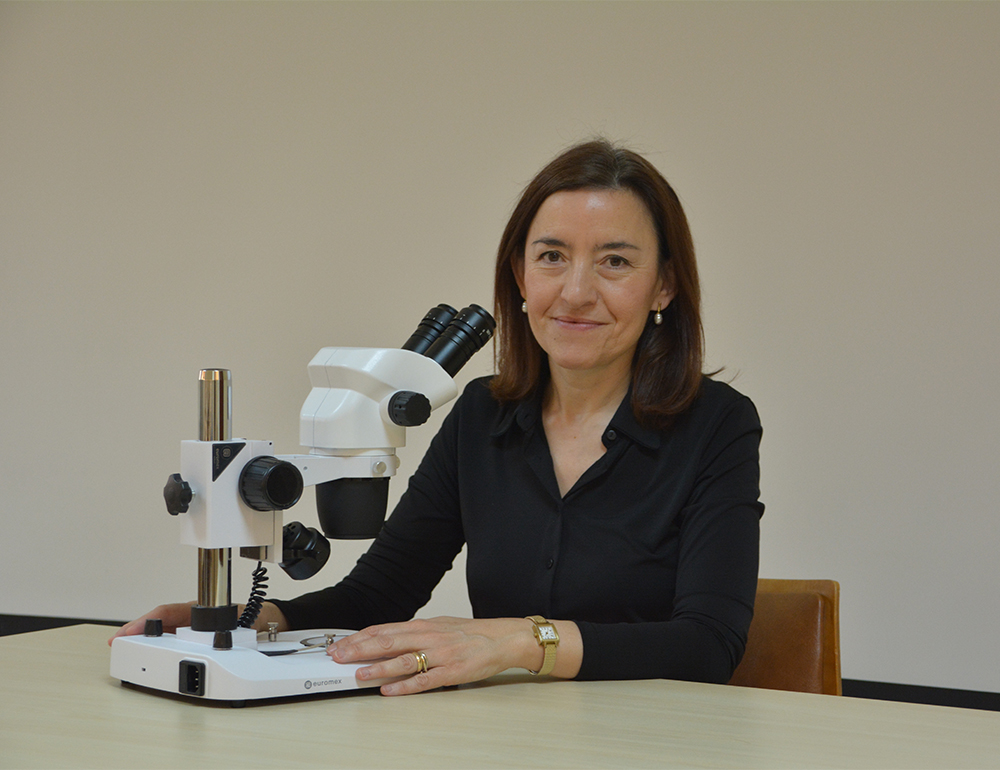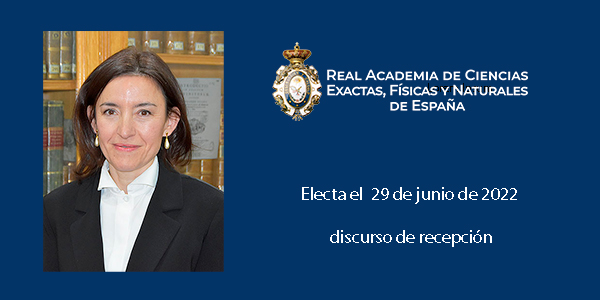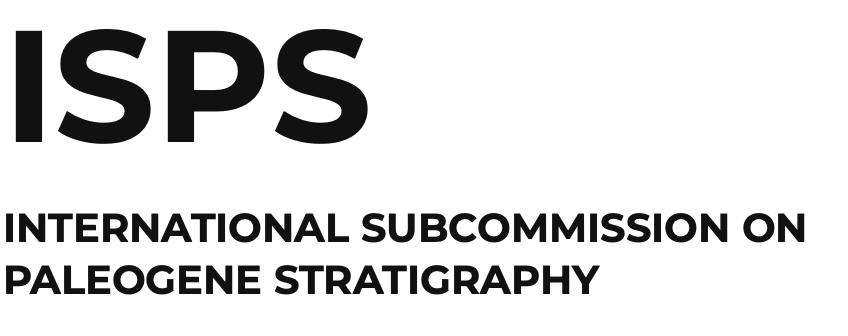
Laia Alegret
Catedrática de Paleontología, Universidad de Zaragoza
Académica Numeraria (medalla 33), Real Academia de Ciencias Exactas, Físicas y Naturales de España, RAC
Investigo los cambios climáticos y otros eventos globales del pasado integrando análisis micropaleontológicos en estudios multidisciplinares, para comprender el sistema Tierra y cómo reaccionará al actual cambio global. Creo que la colaboración es clave en ciencia, y estoy comprometida con la transmisión de la ciencia al público general.
Licenciatura (1998) y Doctorado (2002, y Premio Extraordinario de Doctorado) en Geología por la Universidad de Zaragoza. Investigadora postdoctoral en University College London (2003-2005). Investigadora contratada Ramón y Cajal (2006-2010), Profesora Titular (2010-2022) y Catedrática (desde 2022) en la Universidad de Zaragoza. Con 25 estancias de investigación en 19 instituciones en Estados Unidos (Universidades de Yale, Wesleyan y Colorado Boulder, MIT, Institución Smithsonian), Italia, Polonia, México, Nueva Zelanda, etc., Alegret ha participado en 24 proyectos de investigación en convocatorias competitivas, siendo la Investigadora Principal de 14 (ej., Fundación de Ciencia Europea ESF, Unión Internacional de Ciencias Geológicas IUGS, Plan Nacional español DGICYT). Obtuvo la prestigiosa beca Leonardo de la Fundación BBVA, y recibió el premio Aragonia en 2023.
Investigación centrada en la aplicación de los foraminíferos bentónicos (microfósiles) para entender los cambios en los océanos y en el clima del pasado usando rocas y sedimentos marinos. Alegret navegó como Científica en la Expedición 371 del Programa Internacional de Descubrimiento del Océano IODP a Zelandia, el continente oculto (Océano Pacífico suroeste, julio-septiembre 2017). Autora de más de 200 publicaciones de investigación (incluyendo 9 libros y artículos en revistas como Science, PNAS, Geology y otras líder en sus campos), y >220 comunicaciones en congresos. Con una fuerte proyección a nivel internacional, es frecuentemente invitada como conferenciante en congresos e institutos de investigación.
Elegida Presidenta de la Subcomisión Internacional de Estratigrafía del Paleógeno (ISPS) dos veces consecutivas (2020-2023, 2024-2027). Adjunta de la Agencia Estatal de Investigación española (2017-2019) y de la Fundación Nacional de Investigación Flamenca (Bélgica, 2013-2015), que le otorgó la medalla Alfred Curtins. Patrona de la Fundación Duques de Soria para promover la ciencia y la cultura hispánicas, Alegret colabora frecuentemente con los medios, de los que ha recibido varios premios. Alegret fue invitada a firmar en el Libro de Honor de la Universidad de Zaragoza en 2024. Incluida en la Plataforma de Científicas Innovadoras del Ministerio de Ciencia e Innovación del Gobierno de España (link https://cientificasinnovadoras.fecyt.es/cientificas/laia-alegret-badiola)






